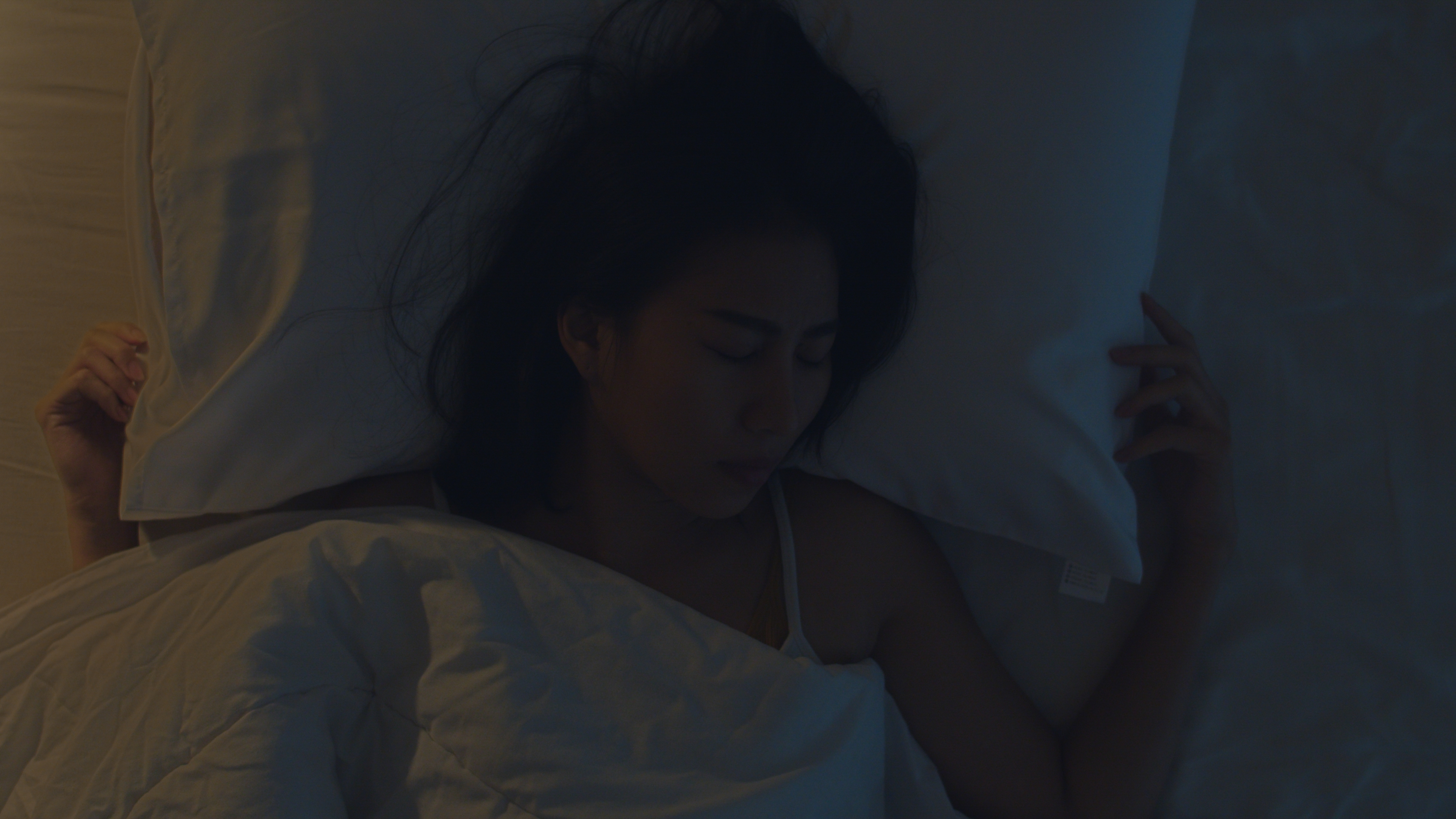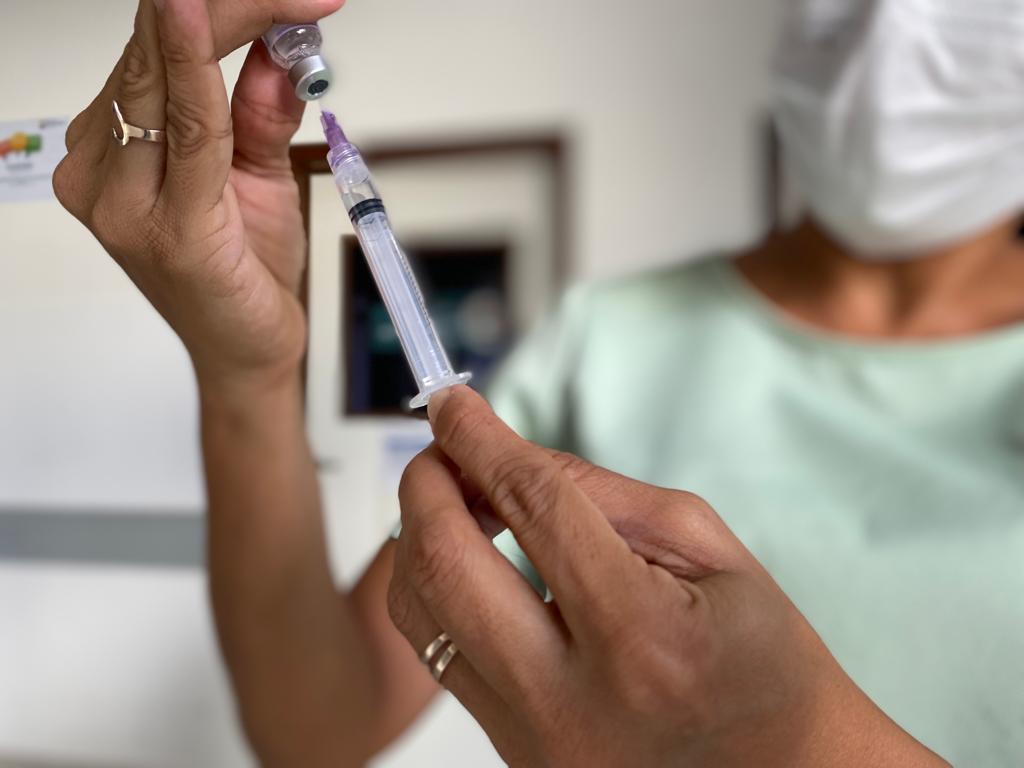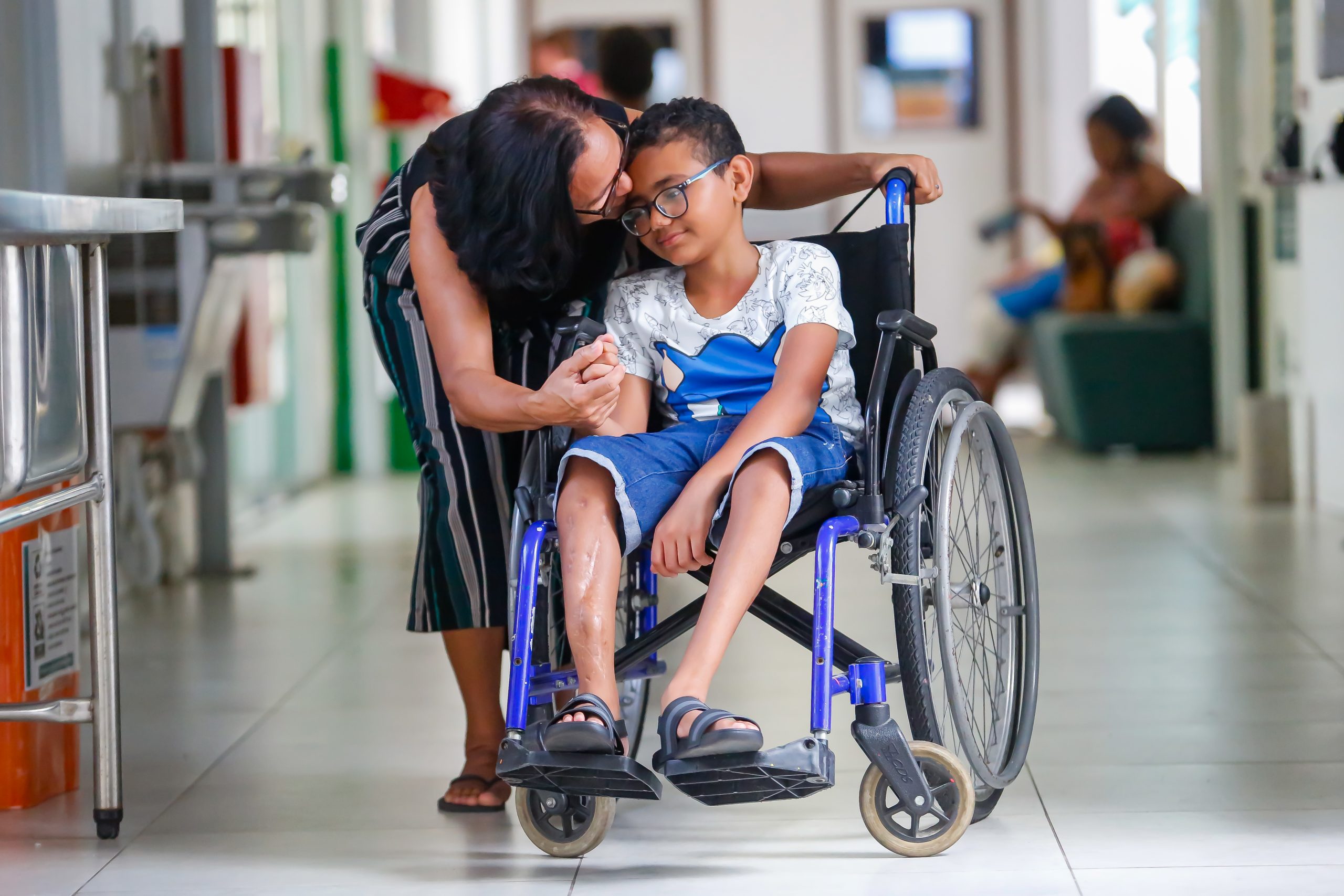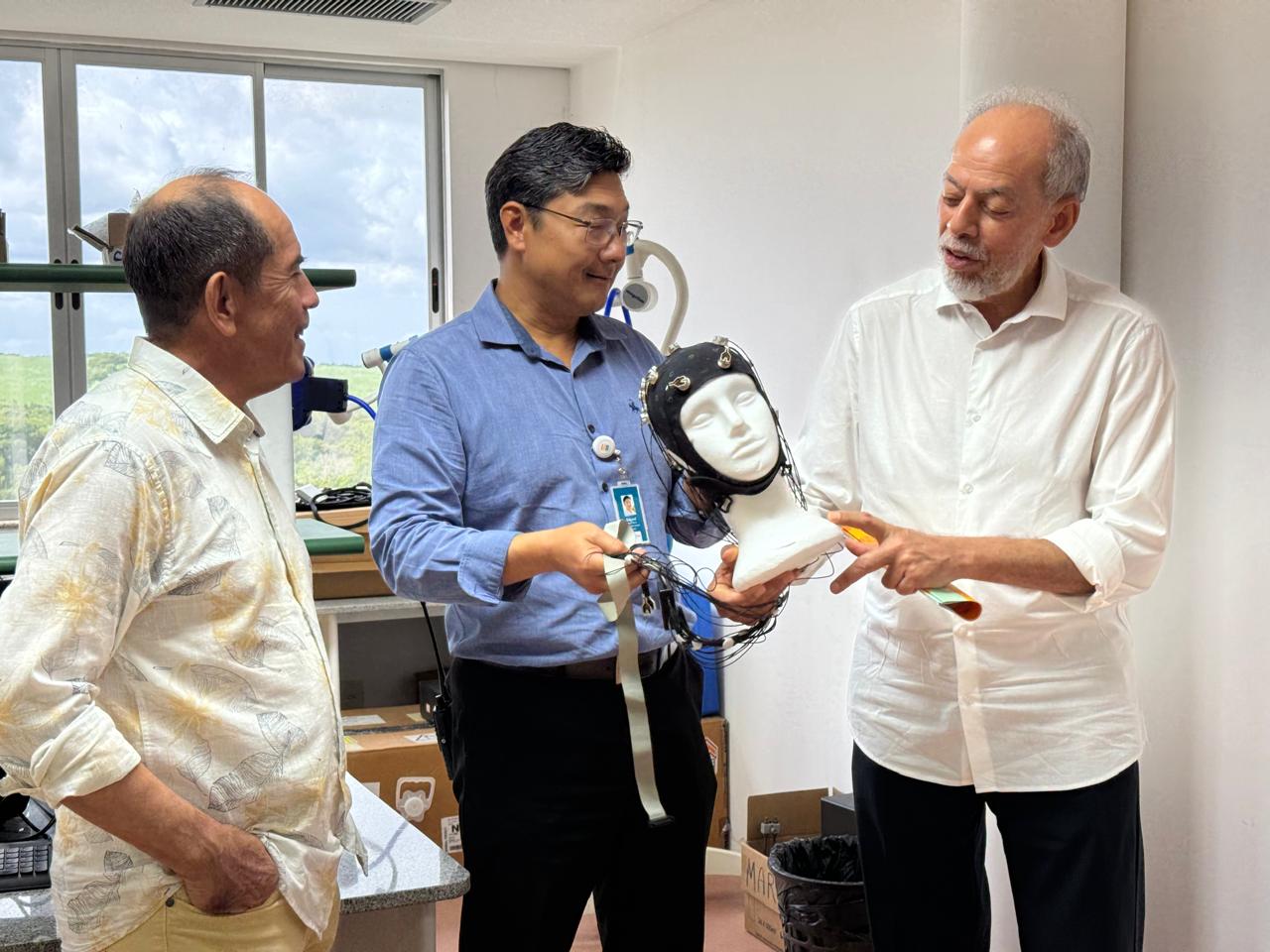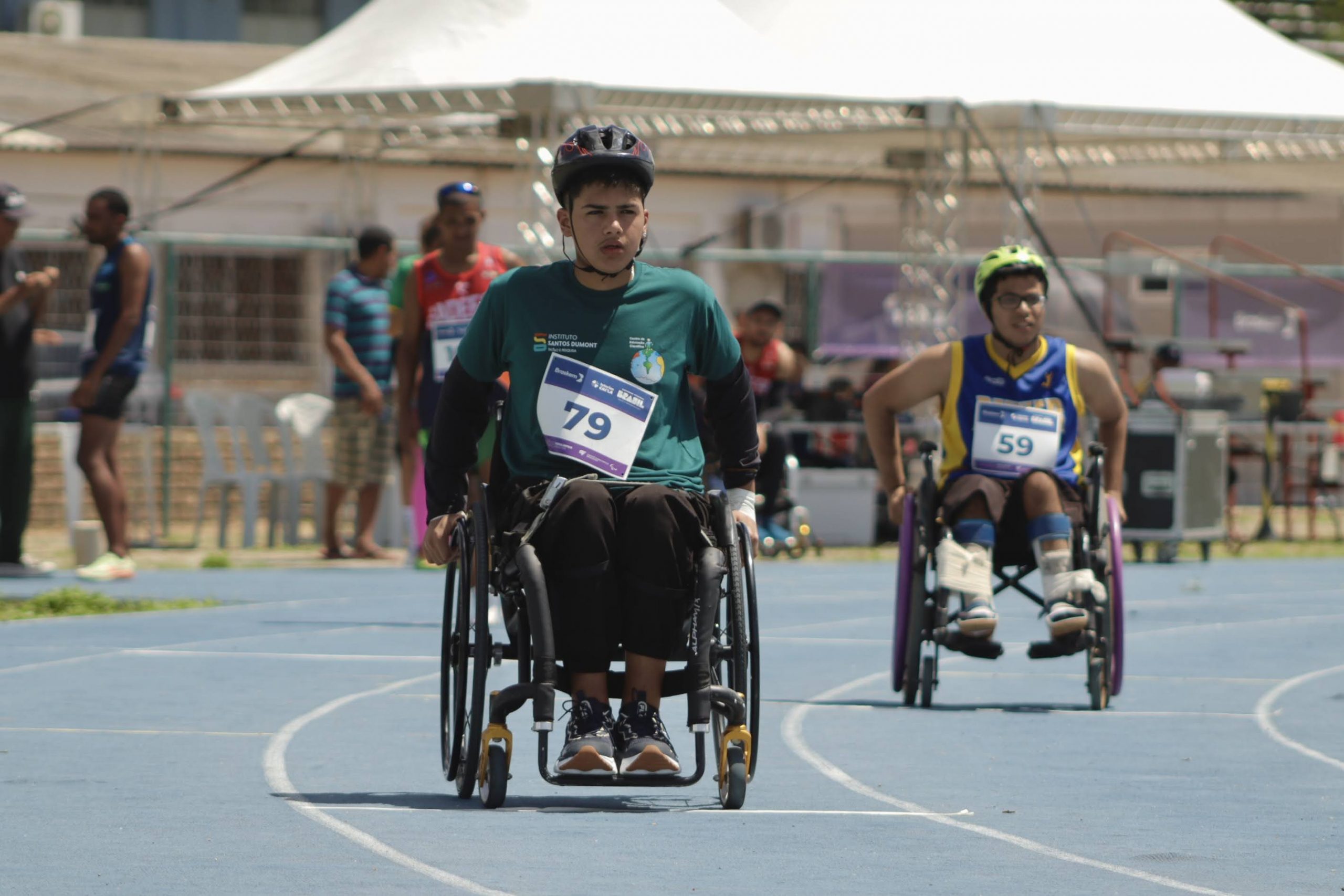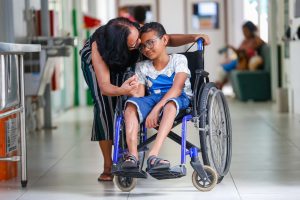
Report published this Monday (20) by O Povo Online, news portal of the Ceará newspaper O Povo, warns that sleep disorders have become more serious during the quarantine and brings tips from the Santos Dumont Institute (ISD) to sleep better.
CLICK HERE TO ACCESS THE FULL REPORT.
One of the interviewees, neuropsychologist Samantha Maranhão, multidisciplinary preceptor at the Center for Health Education and Research Anita Garibaldi, at ISD, observes that establishing a routine – which involves sleeping and waking up at regular times – practicing physical activities and preparing the body are strategic in that process.
Avoid using cell phones, computers and other devices with screens at least 30 minutes before going to bed, as well as avoiding excessive consumption of negative information so that anxiety is not exacerbated and compromises rest, too.

In another part of the report, Edgard Morya, research coordinator at the International Institute of Neurosciences Edmond and Lily Safra, from ISD, observes that longer exposure to screens during the night prevents the release of hormones that would stimulate restful sleep. PPotential effects of this are drowsiness during the day, fatigue and tiredness, and problems with concentration or memory.
“The ideal is to prepare the bedroom so that it is as dark as possible, avoid exposure to the screen (using the cell phone, for example), and practice relaxation activities before bedtime”, adds Morya.
Sedentary lifestyle, excessive worries and fear of contamination by the new coronavirus are among the problems that can affect the quality of sleep, according to doctors interviewed by the report. They note that "poor sleep quality can lead to or exacerbate other health problems, such as obesity and mental disorders."
Experts point out that preparing the body for a sleep of at least seven to eight hours, without interruption caused by stimuli such as light or noise, can favor the health of the body and the brain. At least 84 diseases are related to sleep, according to the report. Among the main complaints of those who have a disorder are difficulty sleeping, sleep paralysis and snoring.
Text: Renata Moura / Journalist / Ascom – ISD
Photo (woman sleeping in a dark environment): tirachardz / Freepik
Communication Office
comunicacao@isd.org.br
(84) 99416-1880
Santos Dumont Institute (ISD)
It is a Social Organization linked to the Ministry of Education (MEC) and includes the Edmond and Lily Safra International Institute of Neurosciences and the Anita Garibaldi Health Education and Research Center, both in Macaíba. ISD's mission is to promote education for life, forming citizens through integrated teaching, research and extension actions, in addition to contributing to a fairer and more humane transformation of Brazilian social reality.

